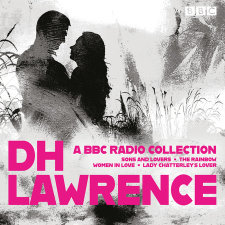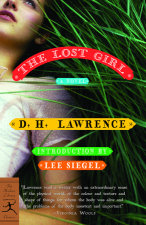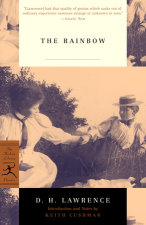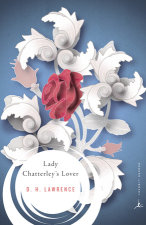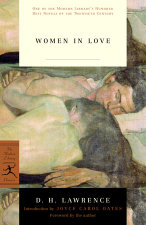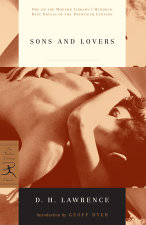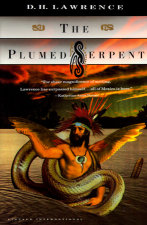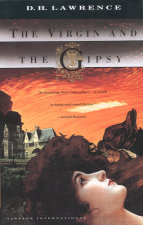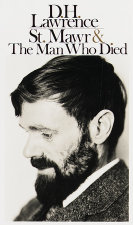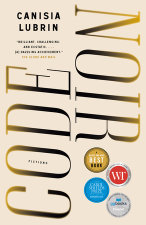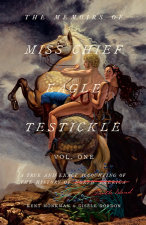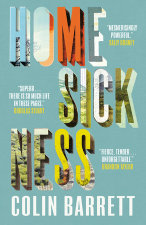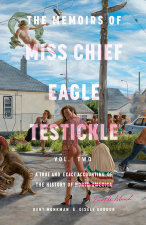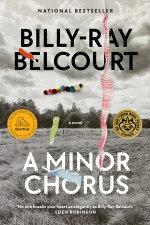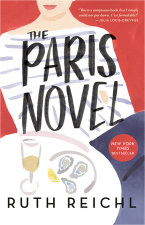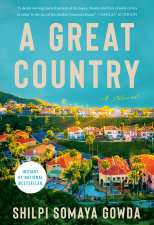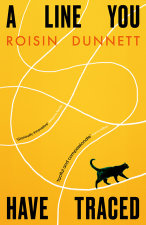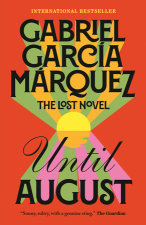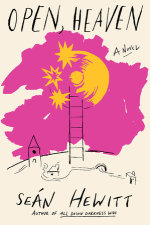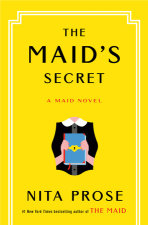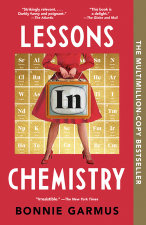The Virgin and the Gipsy
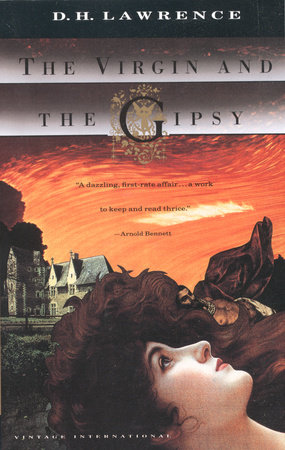
An electrifying short novel published posthumously set in a small village in the English countryside and tells the story of a sheltered rector's daughter whose life is changed when she is introduced to a world of unfettered passion.
The Virgin and the Gipsy was discovered in France after D. H. Lawrence's death in 1930. Immediately recognized as a masterpiece in which Lawrence had distilled and purified his ideas about sexuality and morality, The Virgin and the Gipsy has become a classic and is one of Lawrence's most electrifying short novels.
Set in a small village in the English countryside, this is the story of a secluded, sensitive rector's daughter who yearns for meaning beyond the life to which she seems doomed. When…
$24.95
June 2, 1992D. H. Lawrence, whose fiction has had a profound influence on twentieth-century literature, was born on September 11, 1885, in a mining village in Nottinghamshire, England. His father was an illiterate coal miner, his mother a genteel schoolteacher determined to lift her children out of the working class. His parents’ unhappy marriage and his mother’s strong emotional claims on her son later became the basis for Lawrence’s Sons and Lovers (1913), one of the most important autobiographical novels of this century. In 1915, his masterpiece, The Rainbow, which like its companion novel Women in Love (1920) dealt frankly with sex, was suppressed as indecent a month after its publication. Aaron’s Road (1922); Kangaroo (1923), set in Australia; and The Plumed…
